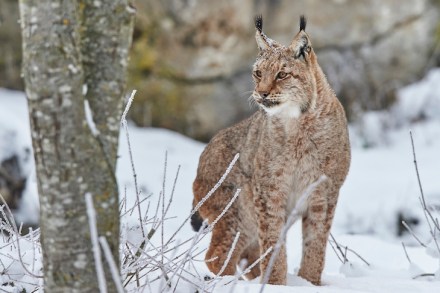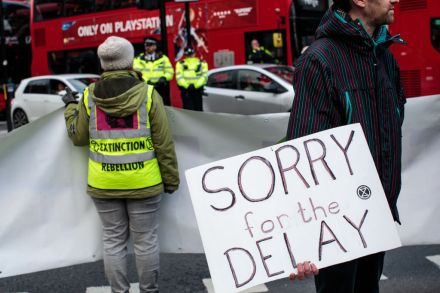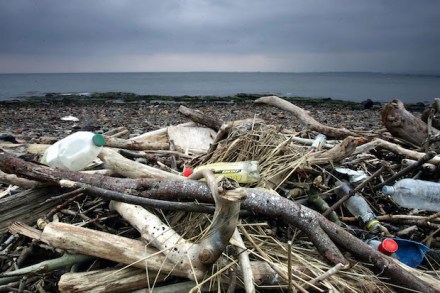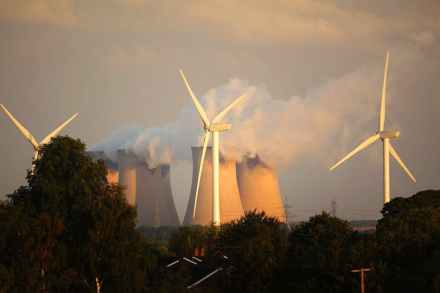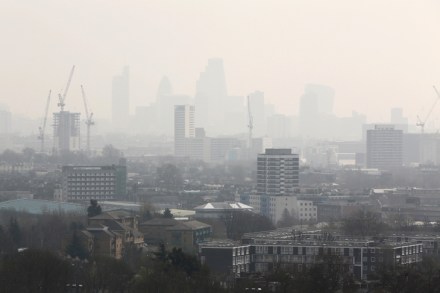The trouble with Greta Thunberg
In popular mythology Greta Thunberg is a one-girl revolution who has inspired millions of young people into action by being able to see what adults refuse to see. But her promotion as global statesman is really a well-crafted piece of PR. Those on the Left who seek to use climate alarmism to further their war on global capitalism know full well that the likes of Robin Boardman-Pattison – the Bristol University graduate with a private education and fondness for foreign holidays, who stormed out of the Sky News studio when Adam Boulton accused him of being middle class – is a liability to their cause. But allow Thunberg to speak


